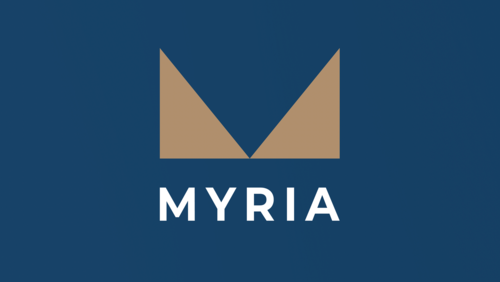The strategic pact and virtual
merger between Bank Sarasin’s and Rabobank seems bound to end in
divorce, according to industry analysts.
In a media interview last month,
Sarasin chief executive Joachim Straehle signalled a possible
separation when he said Sarasin would favour a management buyout
(MBO) if Rabobank ever put its stake in Sarasin up for sale.
In the event of an agreement,
Straehle said he was confident of securing funding for a deal from
potential financiers in the Middle East, Asia and Switzerland.
“Rabobank has been a very
supportive shareholder, but now they are increasingly focused on
their core business,” he added in the interview.
Rabobank issued a swift rebuttal,
stating a sale was “not on the agenda”.
Analysts say that a divorce with
Rabobank is virtually inevitable given the prominence of the
Sarasin signal that it wants to win back its independence.
How well do you really know your competitors?
Access the most comprehensive Company Profiles on the market, powered by GlobalData. Save hours of research. Gain competitive edge.

Thank you!
Your download email will arrive shortly
Not ready to buy yet? Download a free sample
We are confident about the unique quality of our Company Profiles. However, we want you to make the most beneficial decision for your business, so we offer a free sample that you can download by submitting the below form
By GlobalDataRabobank has its roots in the
agricultural financial business and is not a logical partner for
Sarasin, although its strong AAA credit rating has proved
invaluable to the Swiss bank during the 2008 credit crisis and the
widespread concerns about banking stability.
Vontobel banking analyst Teresa
Nielsen considers the synergies between Rabobank and Sarasin to be
rather low and “in our view a separation of the two would not be an
issue”.
At Keefe, Bruyette & Woods,
analyst Matthew Clark now sees “an elevated probability of some
form of corporate action”.
A prospective deal with Baer, Clark
suspects, would likely serve as a “benchmarking exercise” for
Rabobank when evaluating any MBO proposal.
In an actual merger scenario with
Baer, Clark said there would be a very high geographic overlap
between the two Swiss banks, which should allow for “material value
creation” from any such merger.
Clark estimates cost synergies at
30-50% of Sarasin’s cost base could drive 14-24% value accretion
for the combined entity.
The buyout itself could total up to
an estimated CHF3bn ($3.5bn), based on current market
capitalisation and Sarasin’s success in surmounting regulatory
pressure on Swiss private banking. Last year its asset under
management rose above CHF100bn.
In addition, exploratory talks on
some form of deal centred on Rabobank’s interest have reportedly
taken place with Bank Julius Baer. Rabobank currently owns 46% of
the Sarasin capital but controls 69% of voting rights.
Under Swiss takeover law, any
acquiring group would be generally obliged to make a takeover offer
to all shareholders once its interest crosses the 33.3% ownership
threshold.
The minimum offer price is the
listed share price ($45 at time of printing) and may not be less
than 75% of the highest price at which the offering party acquired
shares in the prior 12 months.
If Sarasin and Baer concluded a full merger, the combined bank
would have an impressive CHF273bn of assets under management – give
them greater clout in challenging their big Swiss rivals of Credit
Suisse and UBS.







